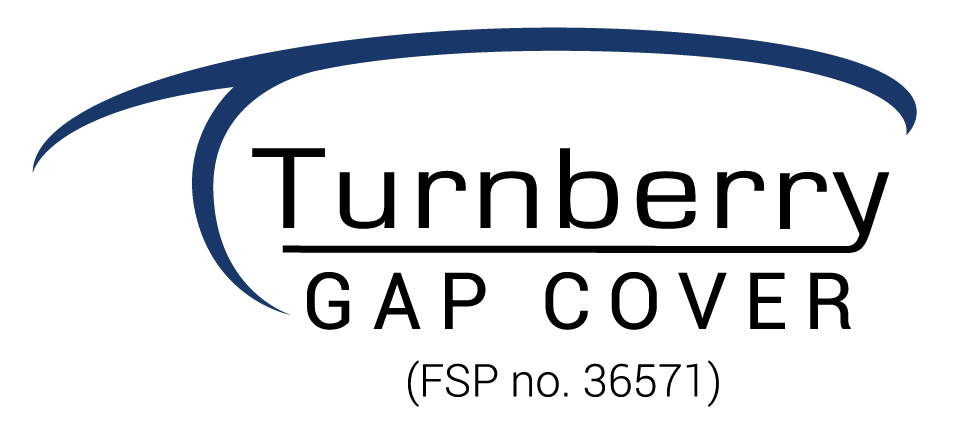
Medical aid rates have increased above inflation for a number of years. In addition, food prices have also increased by at least 10%, fuel prices are volatile, and salary increases are typically lower than inflation.
The cost of living is higher than ever, and there is little relief in the form of tax credits and rebates. The increase in MTC (Medical Scheme Fees Tax Credit) has only increased by 2,8% in the last year. This does little to offset the increased cost. Keeping within budget often means that members are slipping down the tiers of medical aid plans, which reduces their monthly premium but exposes them to increased out-of-pocket medical expense shortfalls. As a result, Gap Cover has become critical to help medical scheme members minimise the financial burden of medical expense shortfalls and help them to protect their financial wellbeing.
Decreased cover means more pressure on your pocket
With tight budgets, medical aid cover is often one of the first monthly expenses that is reviewed. We are seeing more and more members opting for lower coverage on their plans to decrease their monthly premium. However, while this may be helpful in the short-term to free up income, it can be detrimental in the long-term. Reduced premiums often result in reduced cover, which means that members are exposed to increased medical expense shortfalls. This includes increased out of pocket costs for in-hospital procedures, more co-payments, lower levels of cover and reduced sub-limit cover.
Don’t let lack of cover ruin your financial future
The reality is that one never knows when medical attention will be necessary. Perfectly healthy people can still have devastating accidents, and life-altering diagnoses such as cancer are never expected. Private healthcare comes at a premium and reducing cover by opting for a lower medical aid option can actually worsen your financial situation.
While lower plans often have stipulated networks of hospitals yet offer cover for an emergency at any hospital, the medical scheme’s definition of an emergency may differ from the beliefs of a patient. This often leads to medical expense shortfalls when conditions are not covered as an emergency and the member made use of an out-of-network provider.
A diagnosis like cancer is a shock all on its own, and the last thing a patient needs is to think about is how they will afford treatment. However, medical schemes often impose limits to their cancer benefits, which can incur additional expenses if the treatment or diagnosis is not a Prescribed Minimum Benefit.
Young families just starting out can be left in financial straits, because elective caesarean sections are not covered as a Prescribed Minimum Benefit (PMB) condition. They often attract significant expenses over and above the cover provided by medical aid, and these medical expense shortfalls can leave parents struggling with payment arrangements and potentially crippling debt.
Accidents can also have devastating consequences. Serious accidents frequently require emergency surgery, and anaesthetists and specialist surgeons often charge above medical aid rates. If prosthesis are needed, these are often subject to sub-limits, which may leave patients out of pocket for significant sums at a time when they are extremely vulnerable.
Gap Cover is critical
Gap Cover is a smart way to supplement your Medical Scheme coverage. Medical aid premiums are increasing year on year, but this does not mean increased benefit – quite the contrary. Despite continuously increasing premiums cover is decreasing, and co-payments and shortfalls are on the rise. The highest co-payment currently is R36,500 for spinal surgery, a sum of money that very few people have immediate access to. Long-term payment arrangements attract interest, further increasing the amount one would need to pay. This can ruin your future in more ways than just financially. Lastly, don’t forget that gap cover is there to help you shore up any disparities and minimise medical expense shortfalls. So, talk to your medical aid broker today – their commission is included in your premium and they are well placed to guide you through the complexity of medical schemes.
